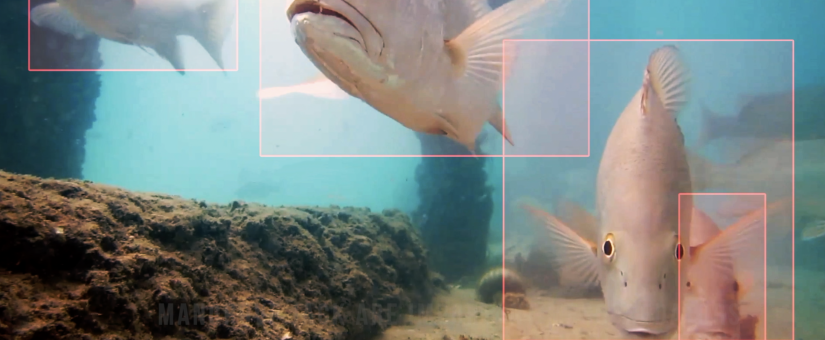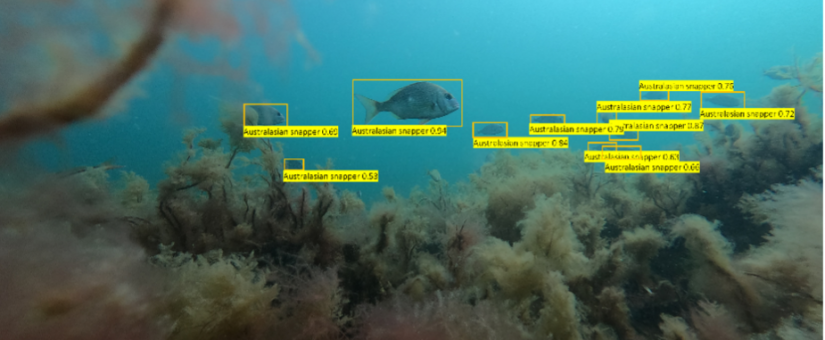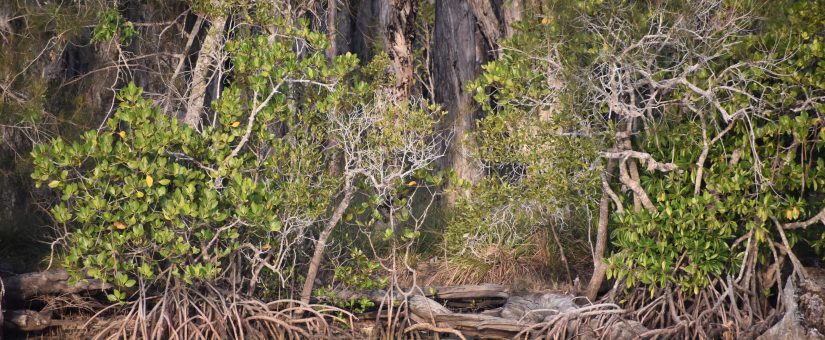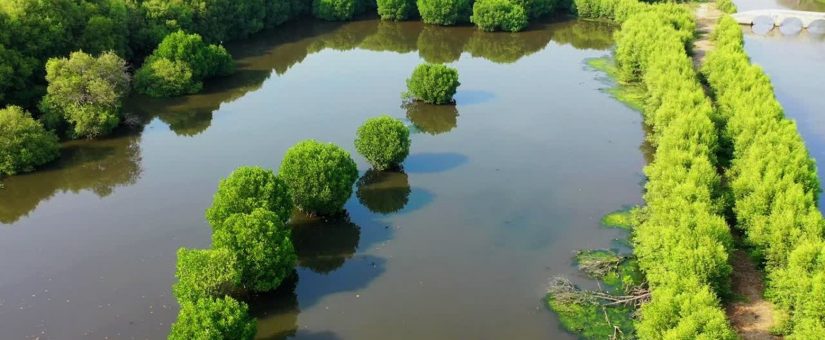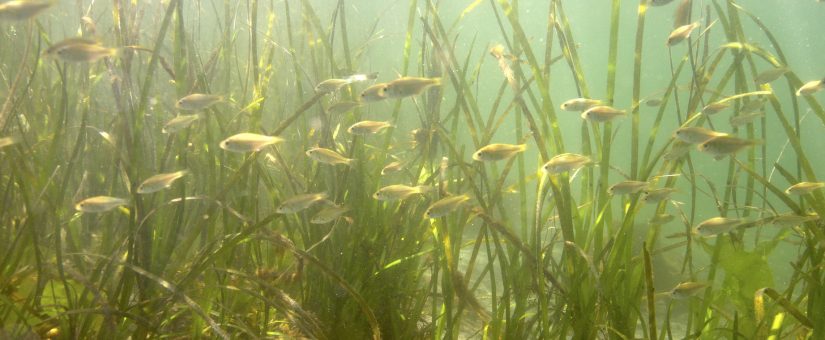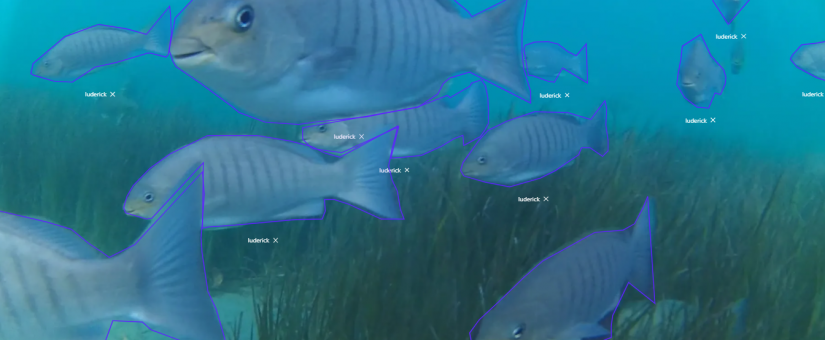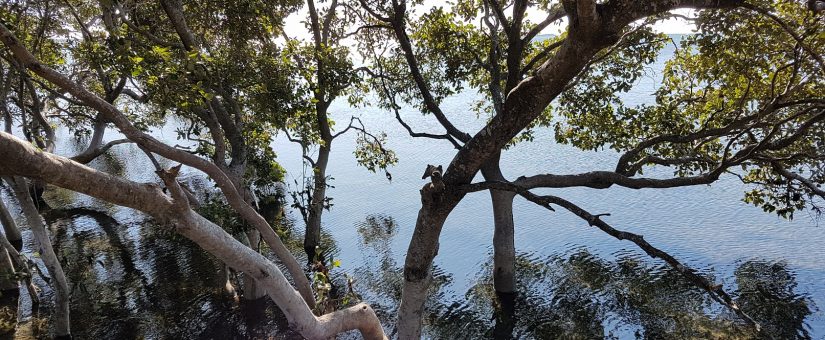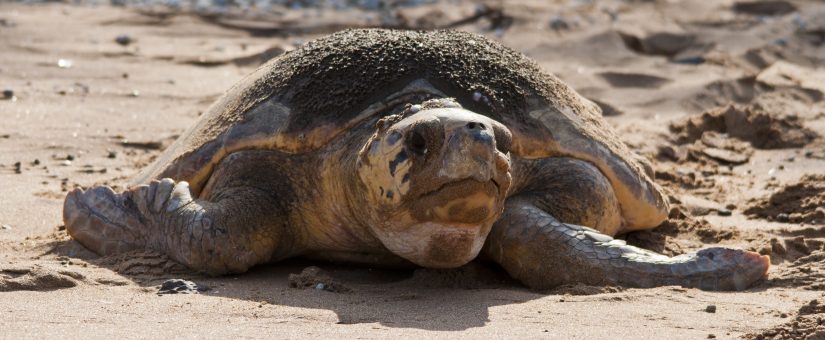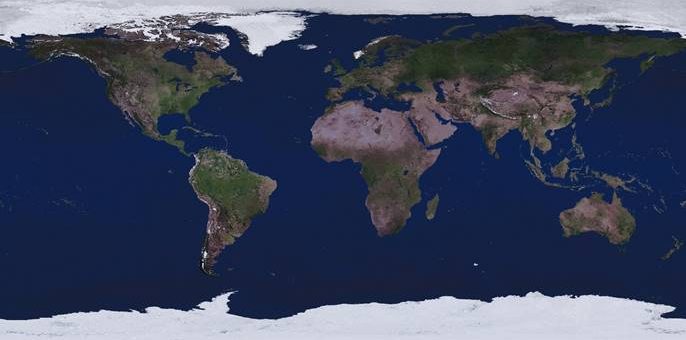Smarter monitoring for healthier oceans: How the GLOW team uses FishID
- Posted by kristin.jinks@griffithuni.edu.au
- On May 2, 2025
Monitoring marine and coastal ecosystems is essential for conservation, but traditional survey methods are time-consuming, costly, and difficult to scale. FishID.org is changing that. By using AI to automatically identify, count, and measure fish and other marine animals in underwater video footage, FishID enables researchers to collect high-quality data more efficiently and at much larger […]
Read More


